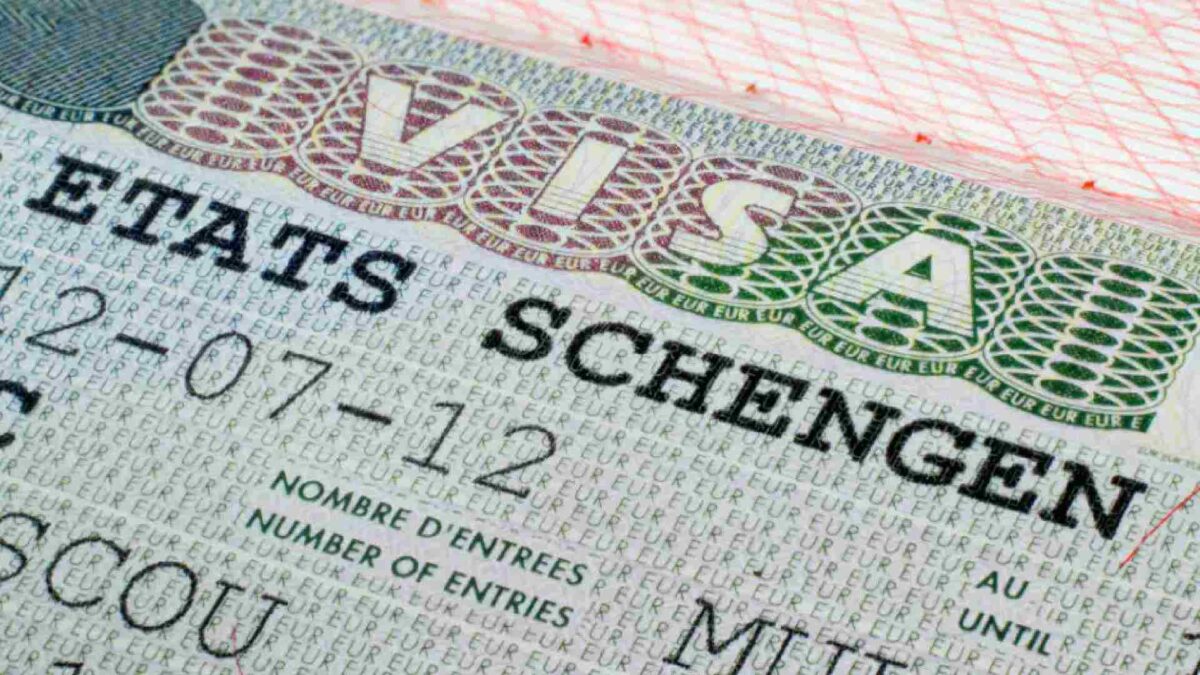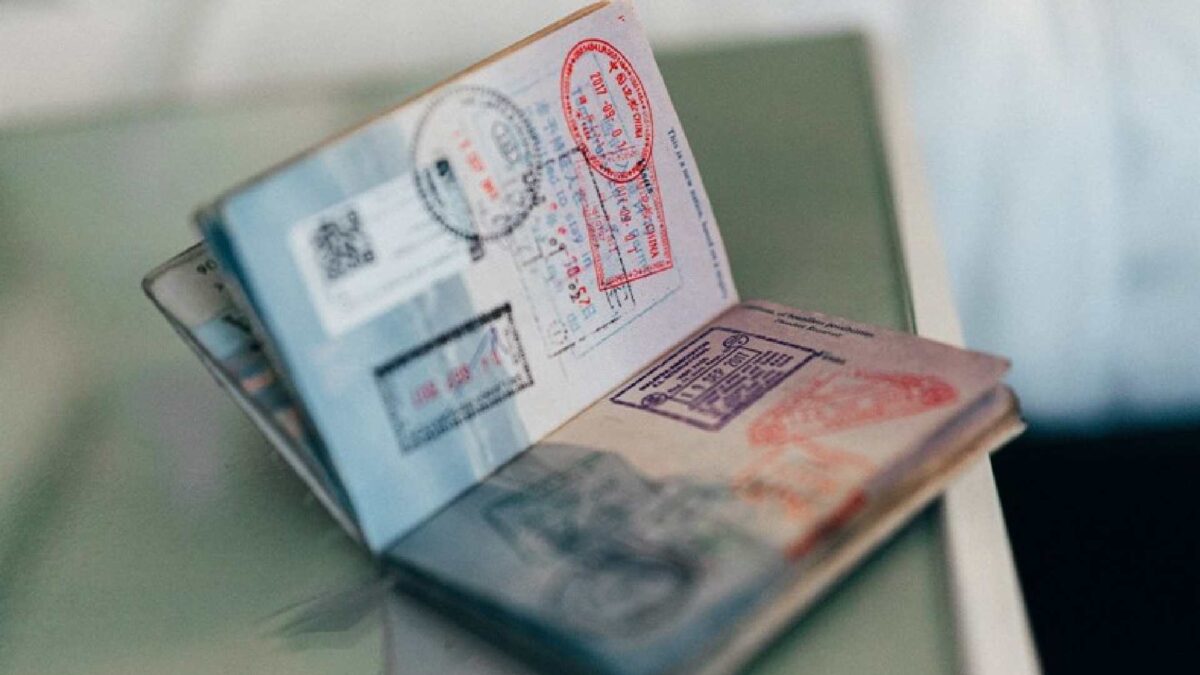The country of residence meaning is an issue that concerns many expatriates. Perhaps you have a home in two different countries, or maybe you plan to get your residency in the UAE. If this is the case, you have to understand the meaning of country of residence.
In this article, you are going to understand the country of residence meaning. Furthermore, you will understand the difference between residency and citizenship and more. Let us observe:
- What is country of residence?
- Understanding the difference between nationality and country of residence
- Is your country of residence the same as your citizenship?
- Why is your country of residence important?
- See if having a visa affects your country of residence
1. What is country of residence?
If you have been considering the best countries to immigrate to as an expatriate, you may have several doubts about it.
So, if you have been living in the same country, but plan to move, perhaps you do not know the country of residence meaning.
Moving abroad is a major decision, and it does not have to be taken for granted. Therefore, it is important to have everything clear before you make your move.
Also, it is equally important to know that the city of residence meaning is different from your nationality.
1.1 Country of residence meaning
Your country of residence is, as its name implies, the country where you are currently living in.
So, for example, if you are born in Qatar, and you are currently residing in this country, then Qatar is your country of residency.
However, if you are under any of the visas of the residency scheme of the UAE, and you are currently living in the UAE, then the UAE is your country of residence.
So, your region of residence meaning is the place where you have received legal documentation and approval to live permanently.
Therefore, according to some countries, you are a resident if you comply with any of the following:
- You stay in the country for more than 180 consecutive days.
- You have lived in the country for the majority of the past 12 months.
As you can see, the country of residence meaning does not refer to the countries that you have visited.
For example, if you hold a Saudi Arabia Business Visa, and you have stayed in the country for a short term, that does not mean KSA is your country of residence.
Similarly, if you hold a UAE multi-entry tourist visa, but you have stayed for a short term, that also does not qualify for being your country of residence.
So, the country of residence meaning is the place where you are currently living but in which you have stayed for a long term, at least six months.
2. Understanding the difference between nationality and country of residence
In which country do you reside in? In the country where you have spent the major part during the past months.
However, you may also be confused about the relationship of your country of residence with your nationality.
Although the two terms may seem the same, the truth is that they are different. Nonetheless, if you happen to work and live in the country where you were born or naturalization, then they are the same.
Here we have the difference between country of residence and nationality:
2.1 Is your country of residence the same as your nationality?
Your country residence is not necessarily the same as your nationality unless you have born and live in the same place.
For instance, if you were born in India, but you are under an employment visa in the UAE, and you have stayed in the UAE for more than six months, then your country of residence is the UAE but your nationality is Indian.
So, if you are Indian, and you want to apply for a UAE Golden Visa, you can do it. And once you move to the UAE, it will be your new country of residency. But your nationality will still be Indian.
Also, being a resident of a country does not mean you are eligible for a passport from that country.
If you are Indian, you hold an Indian passport. But you cannot apply for a UAE passport.
3. Is your country of residence the same as your citizenship?
When considering your residence number meaning, it is also important to understand the difference between citizenship and residency.
As we mentioned before, your country of residence is where you are allowed to live. It is not necessarily the same as the country where you were born.
Also, your citizenship is not the same as your country of residence, and it is not the same as your nationality.
To clarify, here we have everything explained:
- Nationality: the country where you were born
- Citizenship: you acquire citizenship of a country once you have fulfilled the eligibility criteria. For instance, living in a country for a very long time.
- Country of residence meaning: the country where you are currently living
So, if you were born in the Philippines, your nationality is Filipino. But, if you hold a Qatar Work Visa, and you are currently there, then Qatar is your country of residency.
If, by any chance, you move to another country, and you fulfil the criteria for obtaining citizenship, then you become a citizen of said country.
Nonetheless, some countries allow dual citizenship but others do not. So, before doing that process, you have to consider all of your options.
4. Why is your country of residence important?
Perhaps you may not see the importance of understanding the country of residence meaning. But you should know it is crucial for several aspects.
First of all, it is essential for determining where you need to pay your taxes. But it is also important for other formalities and processes:
- Applying for health insurance: your country of legal residence is essential for determining the health insurance plan. This is because if you plan to reside in another country, you may have to acquire health insurance that covers that country.
- Visa application: your country of residence is also important when it comes to applying for another visa. And even for travelling to another country. For example, UAE Residents can travel to Oman by following an easier process. So, in this case, your country of residence gives you more advantages than your nationality, for instance.
- Obtaining benefits and advantages: your country of residence is the place where the most important parts of your life happen. So, if you want to get additional benefits such as access to services, it is good to define your country of residence and start taking advantage of it.
5. See if having a visa affects your country of residence
Lastly, another misconception people have when it comes to country of residence meaning is that they believe that having a visa affects it.
For example, if you are residing in the UAE, but you apply for a Kuwait visa, that does not mean that this visa from another country is going to affect your current residency.
The truth is that having a visa from another country does not affect your residency at all. The only aspect that affects your residency is how long you stay in a specific place with your visa.
So, you may have a long-term visa in the UAE, but if you do not live there, or you do not spend there at least more than half a year, then the UAE is not your country of residence.
Therefore, having a visa from the UAE does not automatically make you a resident of the country if you do not stay there for the long term.
5.1 Aspects that affect your residency
Also, it is worth noting that in some countries, individuals may lose their residency if they are abroad for the long term.
For instance, in the US, an individual that holds a permanent residency may lose it. This may happen if the person is out of the US for more than a year. Thus, returning to the country may be complicated and he or she may even lose the residency.
This also happens in the UAE, with individuals that hold a residence visa but decide to stay outside the country for the long term. In this case, they have to apply for re-entry permission, in some cases.
Nonetheless, some visas are not affected by this. Golden Visa holders may stay abroad as long as they would like. And their visas do not get nullified or cancelled.
As you can see, it is important to understand which factors grant you residency in a country. And, also considering which aspects make you lose it. So, it is a crucial matter for every expatriate.
If you want to learn more topics about the UAE, you have to visit our blog. You will see our guides about GDRFA Approval for UAE Residents, everything you need to know about the UAE Pass App, and much more.












